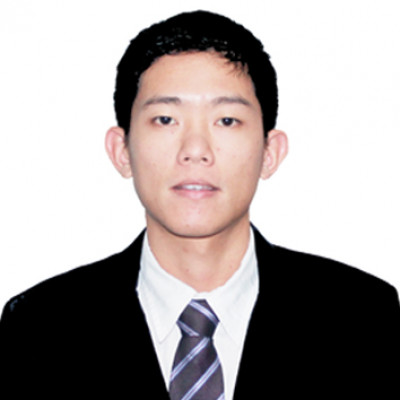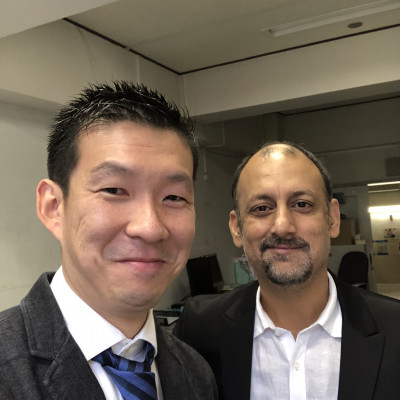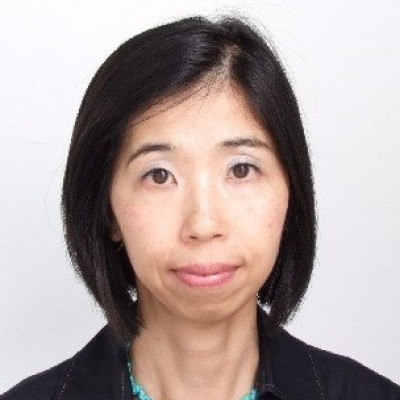Sessions / Video Q and A 15

Student Recommendations for Online EL #705
Extensive listening (EL) is less widely discussed than extensive reading but also offers opportunities for plenty of input. Students in a university quarter class were asked to listen to news reports for homework. In past years, they most often recommended reports that they found easiest, where they rated their own comprehension well, and where they needed to listen fewer times. This presentation attempts to confirm these findings by replicating previous research from the same class.


Strategies to Succeed as a Non-Native Speaker #361
Non-native speaker teachers need to be able market themselves better. Marcel Proust, a French novelist said, “When you work to please others you can’t succeed, but the things you do to satisfy yourself stand a chance of catching someone’s interest.” Working hard is important but simultaneously, non-native teachers need to know how to effectively invest their time. In this presentation, the presenters will explore practical ideas to help non-native teachers compete in the TESOL market.


A Sense of Belonging in an Inclusive Classroom #457
As students with special learning differences (SpLD) increase in Japanese tertiary education, the need for inclusion and accommodation becomes more crucial. When learners, with or without learning differences, become aware that their language classroom is a community and a place where diversity is celebrated, accommodation becomes shared practice. In this presentation, an empirical study and practical tools for EFL classrooms to empower students towards independence, a sense of belonging, and self-advocacy will be discussed.

Local Thai Tutor Hosts Internationalizing at Home #572
This study used a mixed-methods approach to examine the intercultural sensitivity of one group of 8 Thai tutors (n=8) within their “internationalization at home” local environment at a university in Thailand while hosting a group of Japanese university students participating in a three-week study abroad program. Overall, the results showed that Thai tutors’ interaction confidence increased the most followed by marginal gains in engagement, attentiveness, and respect for cultural differences.



An ELF Program for Japanese Students in Taiwan #583
The study investigated the teaching effectiveness of an intensive program and observed the changes of students’ attitudes and instructors’ perceptions. Eleven Japanese college students joined an English as a Lingua Franca (ELF) program at a university in Taiwan for nine days and were given English-medium courses by American, Singaporean, and Taiwanese instructors. The student-participants and instructors reported increased motivation as the most evident merit, while calling for greater authenticity of using English in ELF contexts.